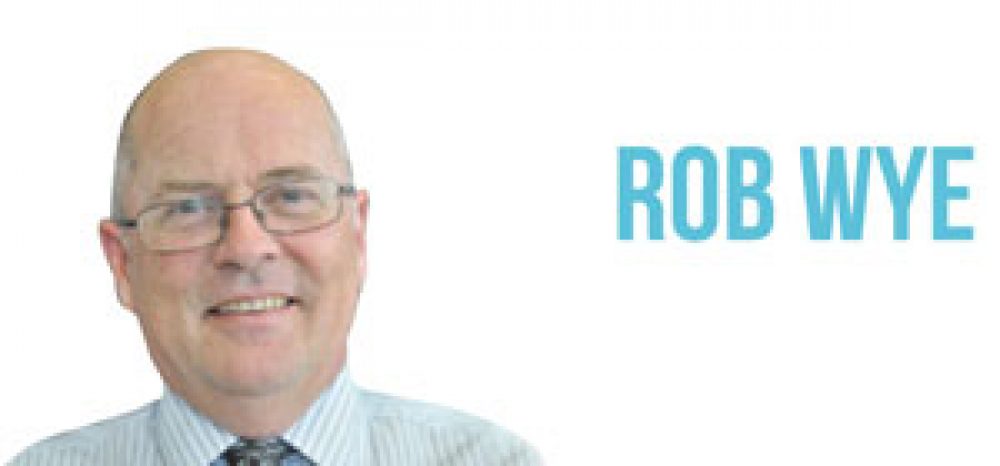Colleges and other providers are promised significant new freedoms by the coalition government in the way they are governed and managed. So, what does this mean in practice? For example, if colleges are free and can have whatever governing arrangements they like, where does that leave capital assets and to whom do they belong if the college goes bust?
We will be holding a range of conversations with principals and chairs of governors in the coming months to flesh out what “freedom” means, consider the limits of what can be done and explore the options for change.
Do providers go for mutualisation, joint governance, retaining the status quo or a form of governance yet to be envisaged? There are so many possibilities for freedom around and we know a whole set of possible governing arrangements will spring up. In partnership with the AoC, the 157 Group and NIACE, we will help providers find the best way forward. We will also scrutinise what’s working and what is not working.
Some things are, or should be, a given in exchange for those freedoms and some of these are spelled out in NIACE’s recent report Colleges in their Communities. How do colleges and others engage the community, decide what is required and design what is needed?
One key role of governors after all is to look after the community assets – the fabric, buildings and learning provision – protect them for future generations and make best use of them now.
There will be others around the table in the conversation including the AELP. It could be argued that although the college is the biggest player in the community, it might want to cede a particular area of work to a training provider. There will be a lot of horse-trading to do and the overriding aim must be to drive up performance by having each organisation focus on the bits they do best.
Some colleges are already doing this; for example, they might concentrate on the vocational and hand A-levels to schools and Sixth Form Colleges. There is evidence that the generalist approach to FE doesn’t necessarily work well and so, with the help of John Hayes, the FE and skills minister, we will be looking further at the definition of adult further education. We have already seen excellent examples of community focus in areas such as Oldham and Luton.
However, this raises an interesting question of, who is accountable for what? If all providers specialise in what they do well, the danger is that the most problematic or specialist bit doesn’t get done. How do we retain the broadest choice of provision the government expects of us working together? Which is why LSIS is engaged in these conversations – to help providers work together in determining what stages they need to go through, reconsider their future role and improve their understanding of what a community needs. This will help them define more clearly their role and decide what they are best-placed to provide.
This gives us a chance to connect and to:
• understand the new freedoms
• talk to other governors about how freedoms can be deployed
• do it side by side with chief executives
• put community, voter, citizen at the heart of the service
• learn from other professional practices and
• give providers the chance to open up their doors
There will be different answers in different places and our job will be to help colleges and other providers through and point where others have had a go and succeeded. We have already kicked things off with research into the different range of organisations and understanding what is happening at the moment. The AoC is just completing research into community engagement. New ideas are burgeoning such as the creation of the entrepreneurial college enshrined in the recently-formed Gazelle Group.
It is important when considering change to allow colleges and other providers, within reason, to move at their own pace. We are in a world where some move faster than others, some are middling, while others are late adopters. We will find that some of the things people attempt don’t work. It is just as important to identify what doesn’t work as what does. Also geography matters; things will work in some areas but not in others.
There is a big role working with governors. If we can demonstrate that working in a more collegiate and collective manner results in overall improvement, that will be a good message. However, we have to recognise that it may not always be so; others may find a more centralised and highly focused approach can deliver.
As to the timescale, we will want to see the sector taking freedoms up throughout 2012-13. However, it’s a long haul and needs the policy stability promised by the Government in New Challenges, New Chances, its response to their consultations with the sector.
This will work if people believe it can happen. So we will constantly monitor and respond to developments, carry out research, disseminate the various models and support innovation. But above all, we won’t be “telling” people what to do because it’s not that sort of world any more.
Rob Wye is Chief Executive of the Learning and Skills Improvement Service (LSIS)









Interesting that the Chief Exec of LSIS will be talking to Chairs and Principals, but apparently not to Clerks. Also interesting that “we won’t be “telling” people what to do because it’s not that sort of world any more”. But BIS is saying that a number of the items to be removed from the I&A’s are not needed there because they will be covered in the Financial Memoranda, and the BIS intervention approach is described by the AoC as “business as usual”. Perhaps we need greater clarity on what the new freedoms actually turn out to be in practice, rather than in promise.